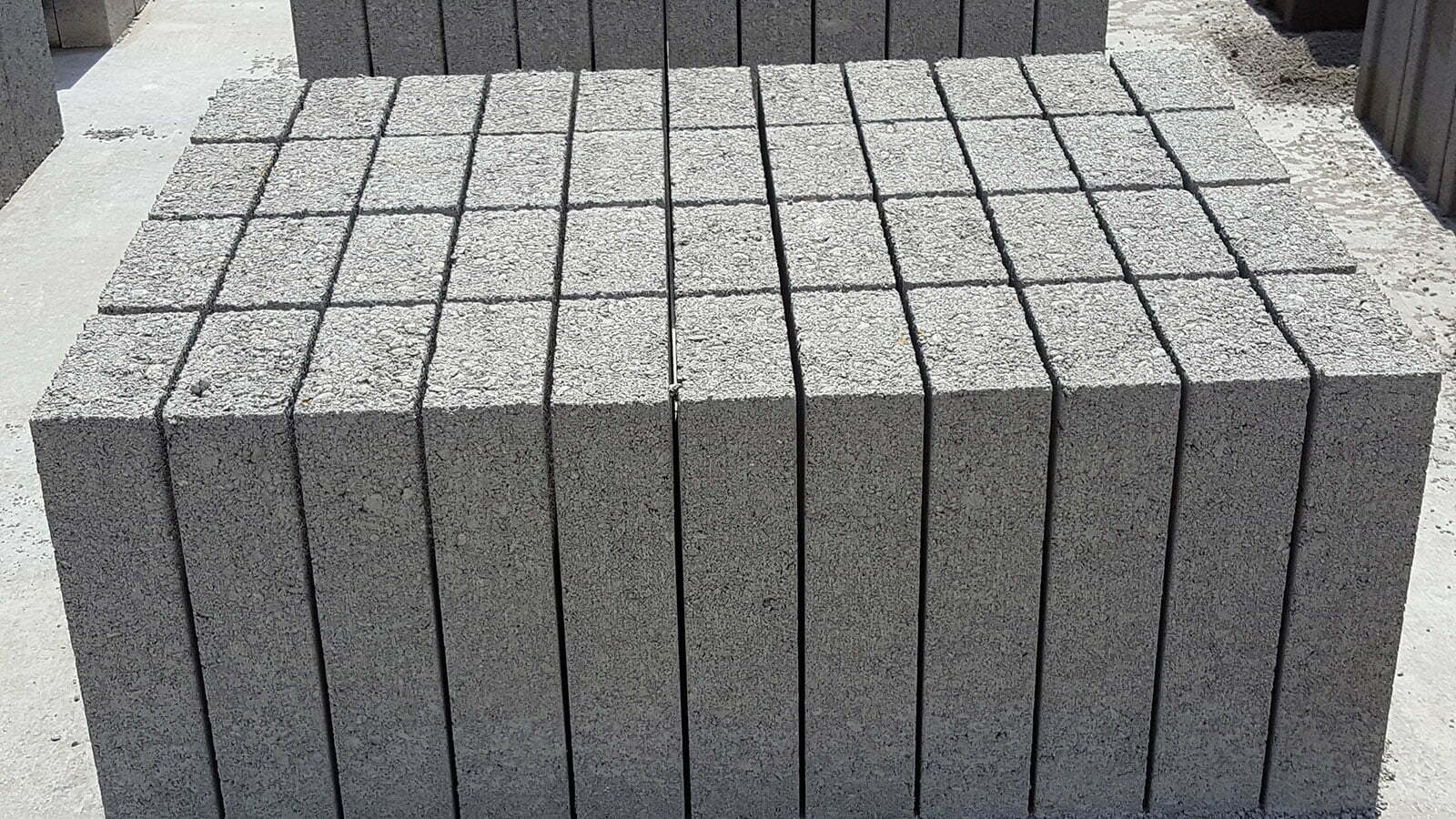Local Price of Cubic Cost of Concrete in Ghana

A concrete is a composite material that is made up of cement, water, and aggregates such as sand, gravel, or crushed stone.
It is a versatile and durable building material that is used in a variety of construction projects ranging from commercial buildings, residential homes, highways, bridges, etc.
When you use concrete for your construction project, there are several benefits you will enjoy. One of them is its strength and durability.
Concrete is strong and it is ideal for structures that need to withstand heavy loads or extreme weather conditions.
It is also resistant to fire, water, and pests, which can make it a more cost-effective option for a lifetime project.
Importance of concrete in construction
1. Durability
Concrete is durable. it can withstand harsh weather conditions, heavy loads, and wear and tear over tim, making it an ideal choice for construction projects that need to last for a long time.
2. Strength
Concrete is strong and it is perfect for supporting heavy buildings. It can resist compression, tension, and bending forces, making it suitable for a wide range of construction works.
3. Versatility
Concrete is highly versatile. It can be easily molded and shaped into different forms, making it suitable for a wide range of construction projects.
4. Sustainability
Concrete is a sustainable. It can be recycled and reused, which reduces the environmental impact of construction projects and will also saved you money.
5. Cost-effectiveness
Concrete is a cost-effective. It is always available to work with. It saves time and transportation because it can be mixed and used exactly where construction is ongoing.
- Advertisement -
Price of a cubic meter of concrete in Ghana
The average cost of a cubic meter of concrete in Ghana is about GHS 400 to GHS 600. The price may vary depending on the type of concrete required and the location of the project.
Factors affecting the cost of concrete
1. Type of concrete
There are different types of concrete available in the market: ready-mix and precast concrete.
Ready mix is the one which has already been mixed when purchasing and it will be sent to the site of work in a mixer truck.
Precast is cast in a factory and then transported to the job site. Precast concrete is more expensive than ready-mix concrete due to the added transportation costs.
2. Amount of concrete
The more concrete you need, the more it will cost. It is important to calculate the amount of concrete you need accurately to avoid over-ordering, which will only increase your costs.
3. Location
The cost of concrete varies by region due to differences in the cost of materials and labor. In urban areas, the cost of concrete is higher than in rural areas due to higher labor and transportation costs.
4. Quality of concrete
If the concrete is of high-quality, it will be more expensive than that with low-quality due to the added cost of materials and labor. High-quality concrete is essential for projects that will be there for a longer period of time.
5. Seasonal factors
During winter, concrete mixing becomes difficult because it may take longer for it to harden due to the weather which increases labour cost. During the peak season, the demand for concrete may be higher, which can lead to increased costs.
Conclusion
The cost of cubic meter of concrete comes along with factors that affects the prices positively or negatively based on the season and time you are making the purchase. Some of the factors include, the type of concrete, amount of concrete, location, quality of concrete, and season.
Whenever you are planning on buying a concrete for your project, consider these factors to avoid unplanned cost and ensure your project is perfectly complete on a good budget that won’t force you to break the bank.


